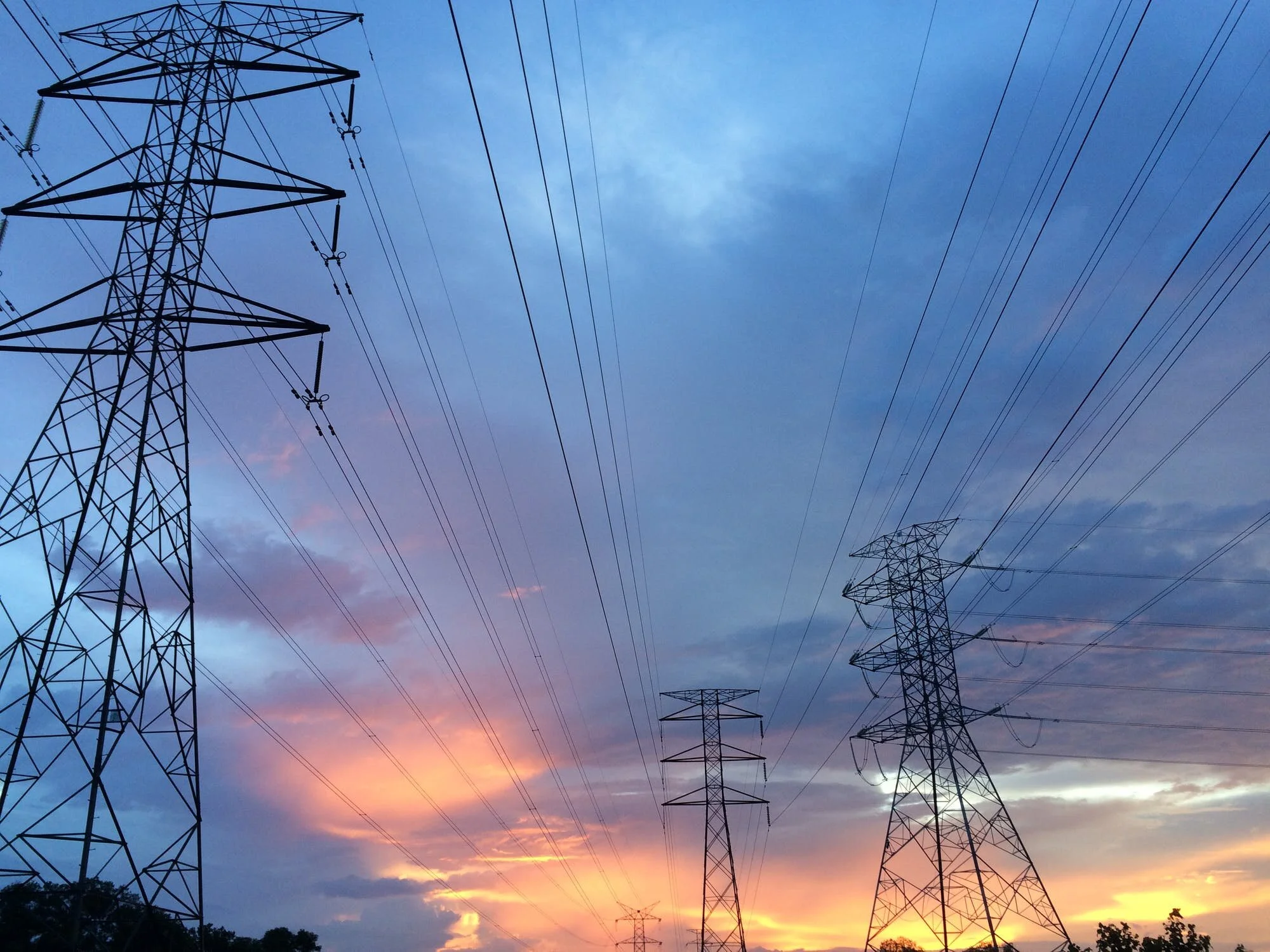by Sophie Kelly
Leah Stokes. Image Source: leahstokes.com
Leah Stokes is an Assistant Professor in the Department of Political Science and affiliated with the Bren School of Environmental Science & Management and the Environmental Studies Department at the University of California, Santa Barbara (UCSB). She is a rising voice in the world of climate action and clean energy policy.
As we’ve highlighted in our Holiday Gift Guide, Short Circuiting Policy is a book that everyone should read (especially your favorite environmentalist). Whether you are an expert operating in the energy policy arena, a climate activist yourself, a political scientist, or someone who is simply curious about the clean energy transition and how we are going to decarbonize our energy sector, Leah’s book holds a wealth of information that can inform a new approach to aggressive and effective climate action.
Stokes details how uncertainty around the future of state-driven climate policy (and thus climate policy for the whole country) is rooted in the interests of two main groups— fossil fuel companies and electric utilities. In short, fossil fuel companies and electric utilities pose a great threat to any momentum towards a clean energy transition and do so primarily by outspending any opposing interests, like clean energy advocates and climate activists.
In the 2019 midterm cycle alone, fossil fuel companies outspent renewables 13 to 1. In a 10-year period ending in 2015, they spent $2.9 billion on sowing doubt about climate science and advocating for the merits of natural gas and fossil fuels! On top of the $2.9 billion spent on advocacy advertising, fossil fuel companies and electric utilities have poured $827.9 million into campaign contributions since 2000 favoring politicians who would side with the lobby at local, state, and federal levels.
Federal lobbying and campaign donations from 2017-2018. Image Source: Yale Climate Connections.
While you may not be surprised to hear that fossil fuel companies and electric utilities have been able to deter climate action through massive political spending, the argument that Leah is making is much more nuanced and can provide us with a clearer picture of how and why fossil fuel companies and electric utilities are so good at halting, and in some cases reversing, clean energy progress. The secret? Interest groups.
Spending countless hours reviewing thousands of pages of public utility commission proceedings and interviewing energy policy stakeholders from 2013-2018, Stokes unveiled the intricate underbelly of climate denial. “These [fossil fuel and electric utility] companies have resisted innovation. They have lied about climate science. And they have attacked climate policies.”
Rooted in extensive research, Stokes believes that overcoming these corporate and political giants will require a consolidated effort to better support clean energy advocates at the state level in order for them to compete with electric utilities’ dominance in regulatory processes (especially those at the state and local level).
Stay tuned for the second part of our review—we will be exploring solutions (Stokes has many) for taking on fossil fuel companies and electric utilities head-on and championing a new era of clean energy and justice-centered climate action. Until then, check out our podcast, Behind the Switch, and listen to our conversation with Shalanda Baker. As always, reach out with any questions, comments, and ideas!





